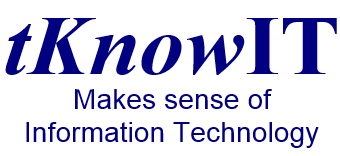Super-deduction ends soon
Did you know there’s a temporary tax relief called Super-deduction that limited companies in the UK can benefit from?
(BUT it runs out at the end of next month… that’s just 51 days from today)
When limited companies buy certain new equipment (including computers) they can claim 130% capital allowance.
So if you spend £1,000 on computers, it will reduce your corporation tax bill as if you had spent £1,300.










